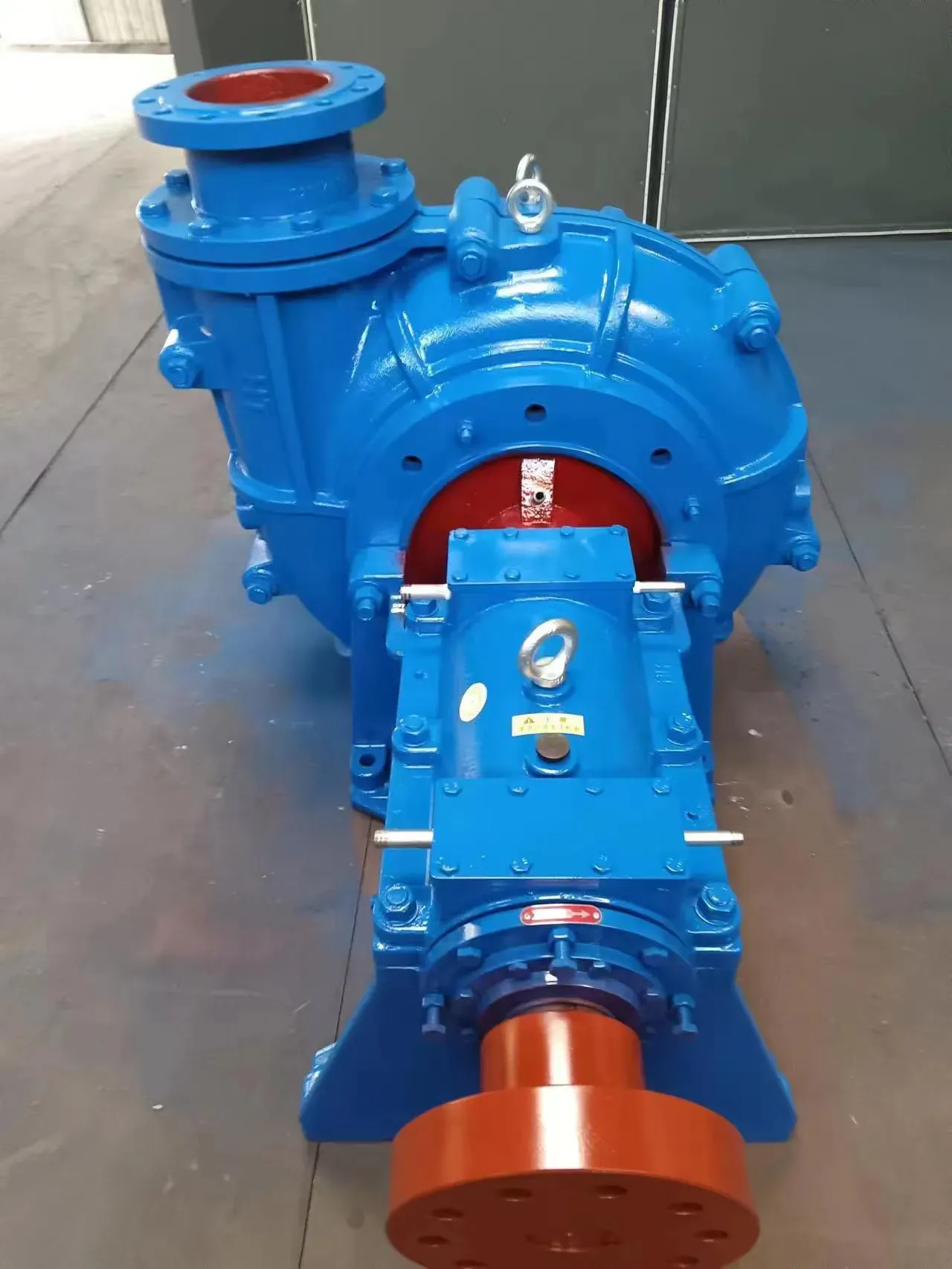English
- Afrikaans
- Albanian
- Amharic
- Arabic
- Armenian
- Azerbaijani
- Basque
- Belarusian
- Bengali
- Bosnian
- Bulgarian
- Catalan
- Cebuano
- Corsican
- Croatian
- Czech
- Danish
- Dutch
- English
- Esperanto
- Estonian
- Finnish
- French
- Frisian
- Galician
- Georgian
- German
- Greek
- Gujarati
- Haitian Creole
- hausa
- hawaiian
- Hebrew
- Hindi
- Miao
- Hungarian
- Icelandic
- igbo
- Indonesian
- irish
- Italian
- Japanese
- Javanese
- Kannada
- kazakh
- Khmer
- Rwandese
- Korean
- Kurdish
- Kyrgyz
- Lao
- Latin
- Latvian
- Lithuanian
- Luxembourgish
- Macedonian
- Malgashi
- Malay
- Malayalam
- Maltese
- Maori
- Marathi
- Mongolian
- Myanmar
- Nepali
- Norwegian
- Norwegian
- Occitan
- Pashto
- Persian
- Polish
- Portuguese
- Punjabi
- Romanian
- Russian
- Samoan
- Scottish Gaelic
- Serbian
- Sesotho
- Shona
- Sindhi
- Sinhala
- Slovak
- Slovenian
- Somali
- Spanish
- Sundanese
- Swahili
- Swedish
- Tagalog
- Tajik
- Tamil
- Tatar
- Telugu
- Thai
- Turkish
- Turkmen
- Ukrainian
- Urdu
- Uighur
- Uzbek
- Vietnamese
- Welsh
- Bantu
- Yiddish
- Yoruba
- Zulu
Telephone: +86 13120555503
Email: frank@cypump.com
Aug . 31, 2024 18:30 Back to list
septic tank effluent pump
Understanding Septic Tank Effluent Pumps
Septic tank effluent pumps are crucial components in the management of wastewater in areas not serviced by municipal sewer systems. For homeowners who rely on septic systems, understanding how these pumps work, their purpose, and proper maintenance is essential for ensuring a smooth and efficient wastewater disposal process.
What is a Septic Tank Effluent Pump?
A septic tank effluent pump is a submersible device designed to move treated wastewater, known as effluent, from the septic tank to the drain field or a designated treatment area. Unlike standard sump pumps, which manage groundwater, effluent pumps are specifically designed to handle the relatively clean water that has been treated within the septic tank.
How Do Septic Tank Effluent Pumps Work?
The operation of a septic tank effluent pump is straightforward yet effective. Once the solids in the septic tank settle at the bottom and the wastewater undergoes anaerobic treatment, the remaining effluent is ready for dispersal. The effluent pump is activated either by a float switch or an integrated control panel, which detects the water level in the tank. When the level rises to a certain point, the pump kicks into action, pushing the effluent through a discharge pipe into the drainage field.
This process plays a vital role in preventing backups and ensuring that the septic system operates efficiently
. Properly functioning effluent pumps help to mitigate issues such as flooding in the tank, which can lead to untreated wastewater escaping into the environment.Importance of Maintenance
septic tank effluent pump

Regular maintenance of septic tank effluent pumps is critical for prolonging their lifespan and ensuring optimal performance. Homeowners are advised to schedule professional inspections at least once a year. A trained technician can assess the pump for any signs of wear and tear, check the float switch, and ensure that all components are functioning correctly.
In addition to professional servicing, homeowners can perform routine checks themselves. Monitoring the pump’s operating sounds can help identify potential issues. A pump that operates louder than usual may indicate a problem, such as a clog or mechanical failure.
Moreover, it is also essential to avoid flushing inappropriate items down the toilet or draining harmful chemicals into the septic system, as these can lead to system failures and damage the pump.
Benefits of Using an Effluent Pump
Employing a septic tank effluent pump provides several benefits. Firstly, it enhances the efficiency of the septic system by effectively transporting treated wastewater to the drain field. Secondly, it minimizes the risk of sewage backflow and unpleasant odors in and around the home. Finally, it contributes to environmental protection by ensuring that wastewater is adequately treated before entering the ground.
Conclusion
Septic tank effluent pumps are vital in maintaining the functionality and efficiency of septic systems, particularly in areas without sewage infrastructure. By understanding how these pumps work and committing to their regular maintenance, homeowners can ensure their septic systems remain effective for years to come. Investing time and resources into the upkeep of these systems not only protects the home environment but also safeguards the surrounding ecosystem.
-
ISG Series Vertical Pipeline Pump - Chi Yuan Pumps Co., LTD.|Advanced Hydraulic Design&Energy-Efficient Solutions
NewsJul.30,2025
-
ISG Series Vertical Pipeline Pump - Chi Yuan Pumps Co., LTD.
NewsJul.30,2025
-
ISG Series Vertical Pipeline Pump - Chi Yuan Pumps Co., LTD.|energy-efficient fluid handling&industrial durability
NewsJul.30,2025
-
ISG Series Vertical Pipeline Pump - Chi Yuan Pumps | Advanced Engineering&Industrial Efficiency
NewsJul.30,2025
-
ISG Series Pipeline Pump - Chi Yuan Pumps | High Efficiency, Energy Saving
NewsJul.30,2025
-
ISG Series Vertical Pipeline Pump-Chi Yuan Pumps|High Efficiency&Reliable Performance
NewsJul.29,2025










